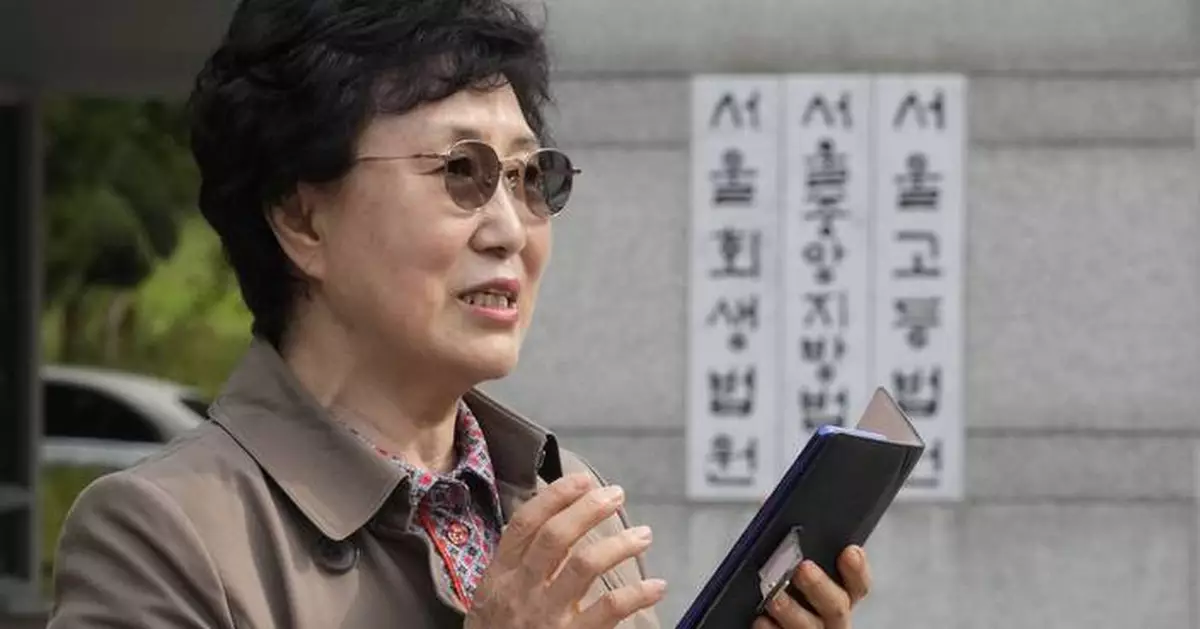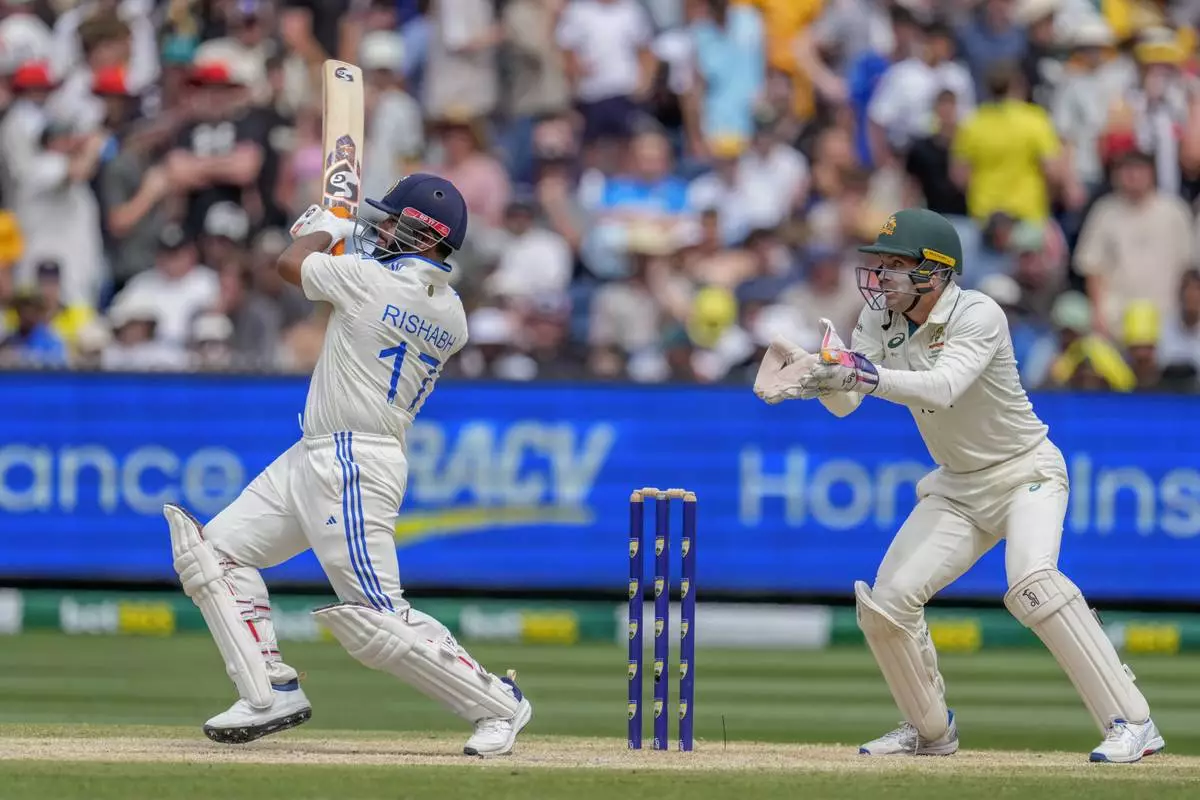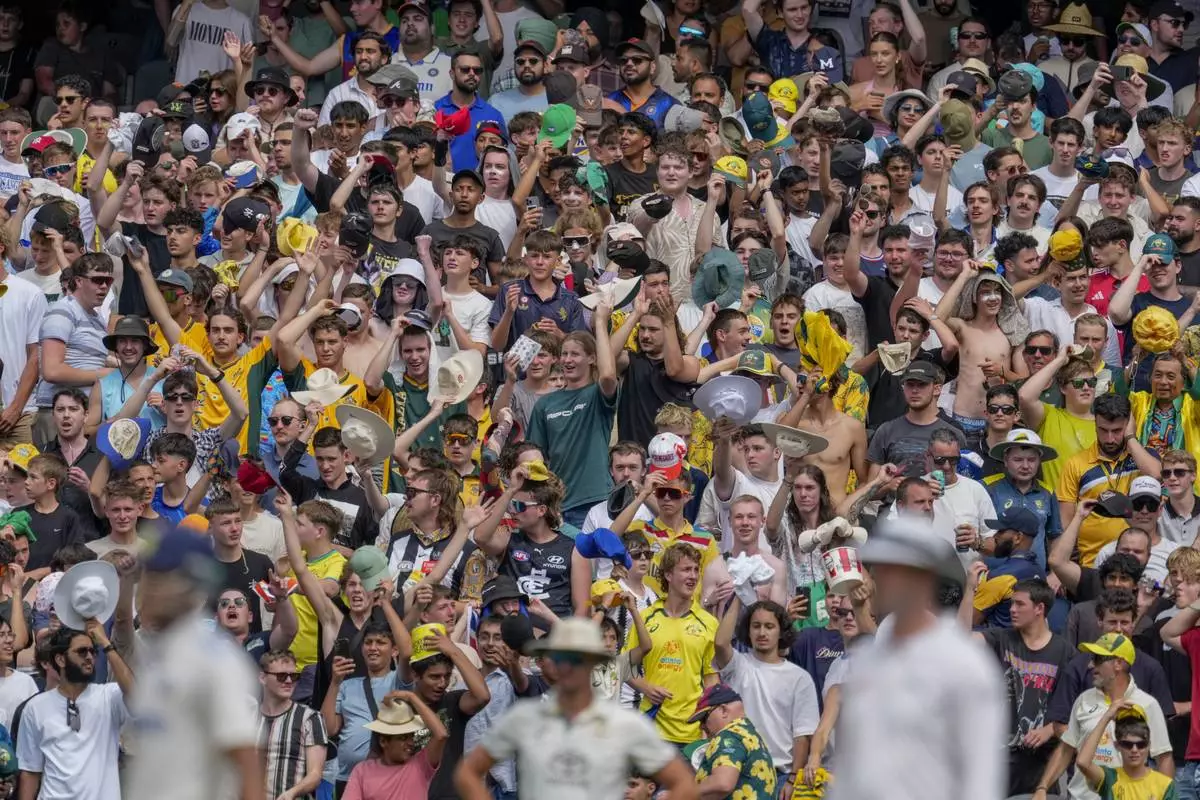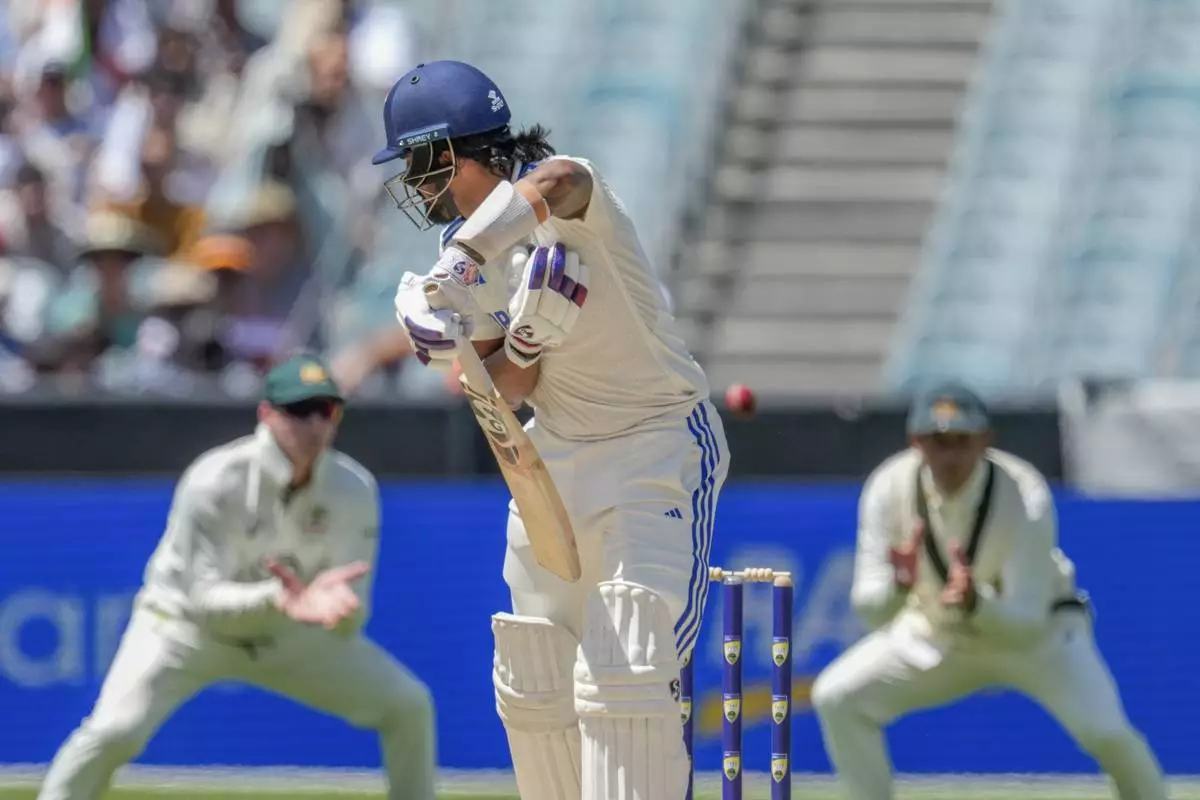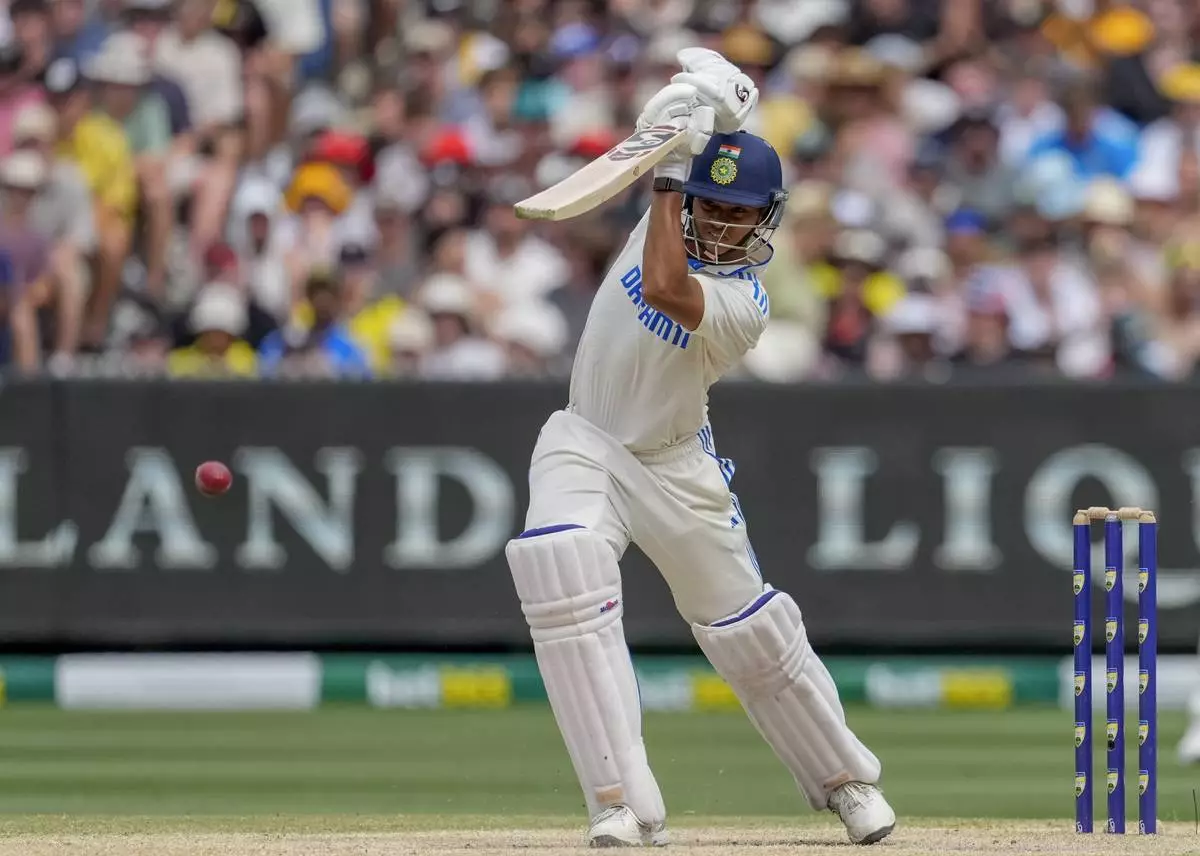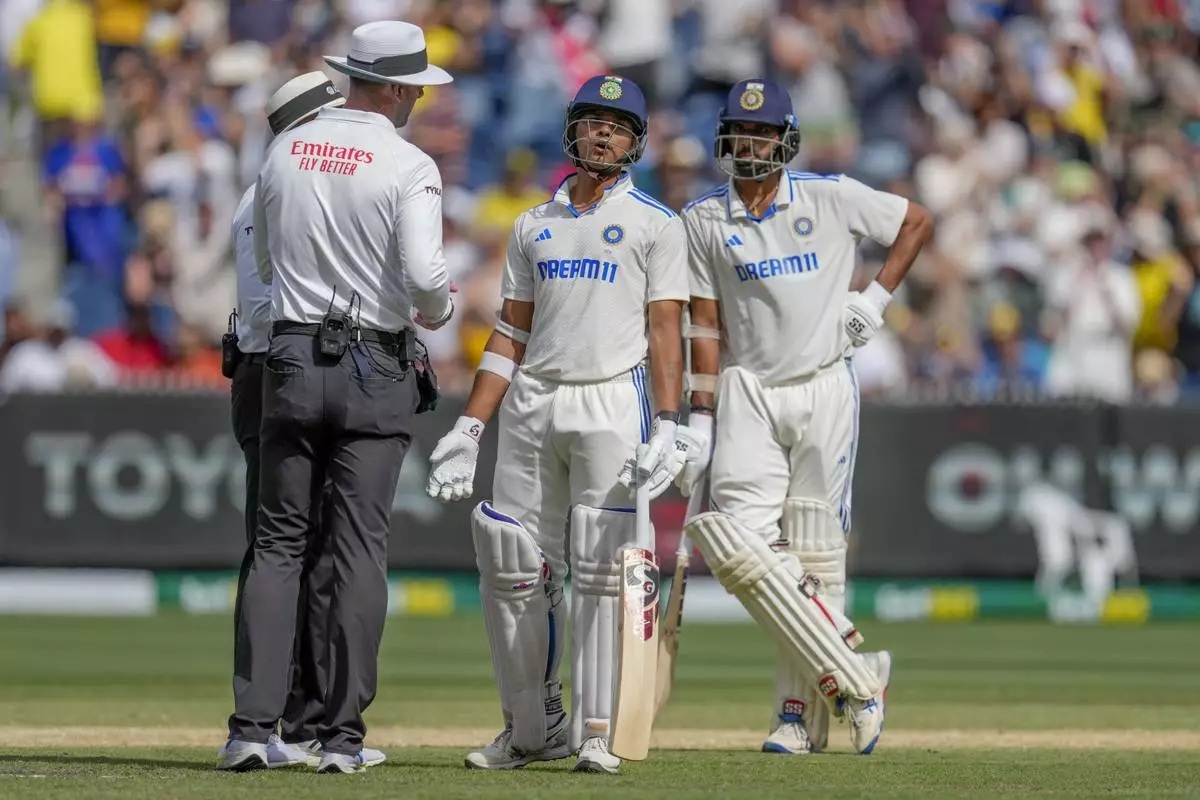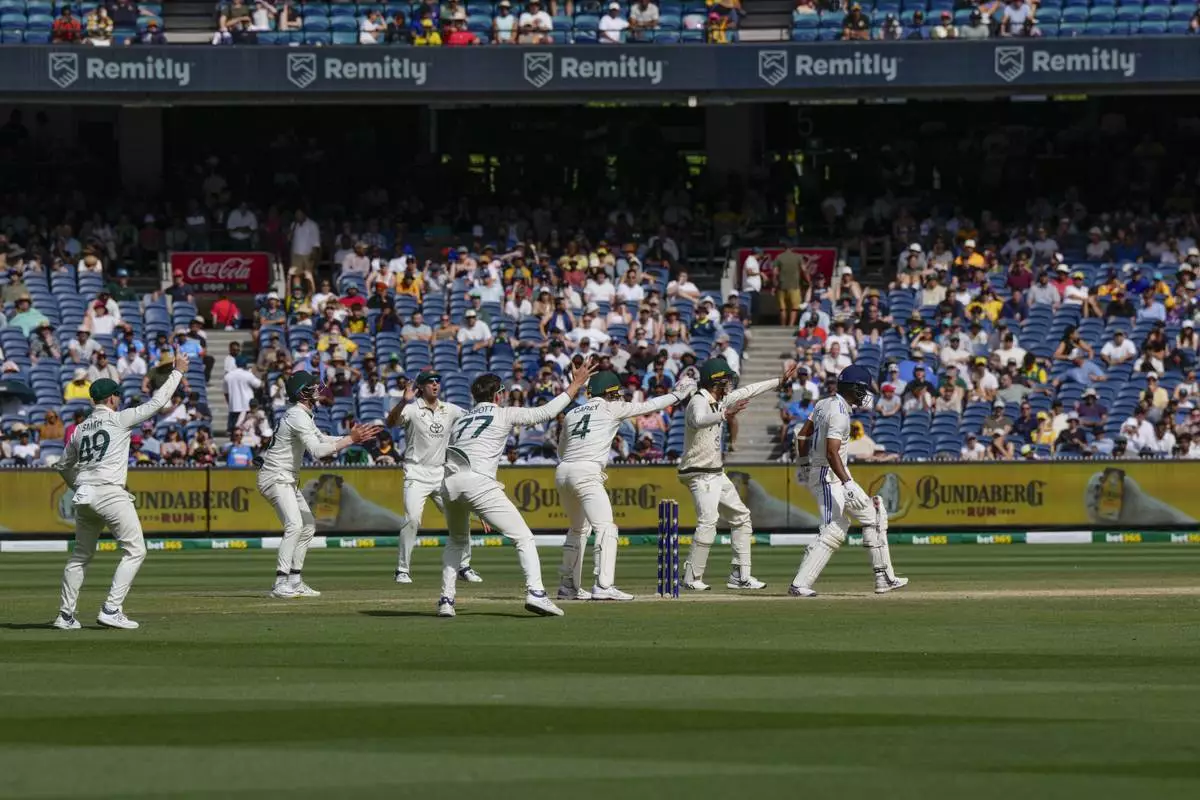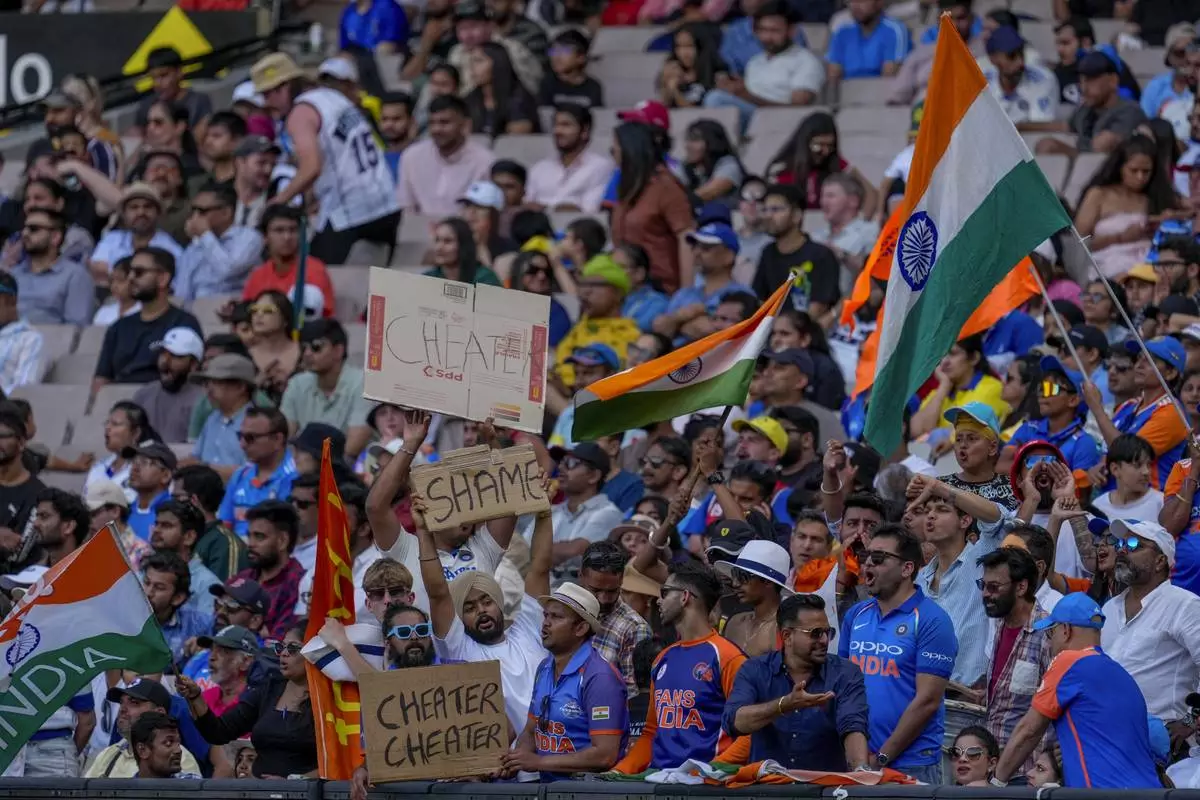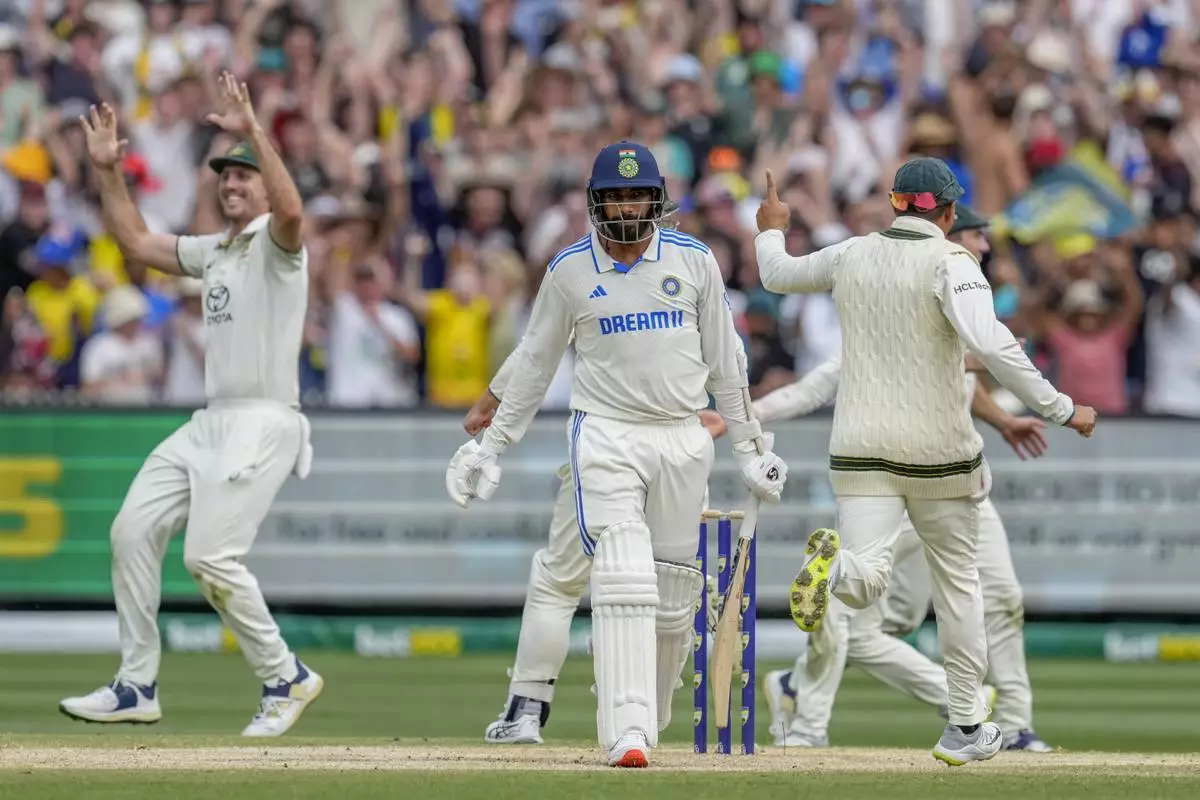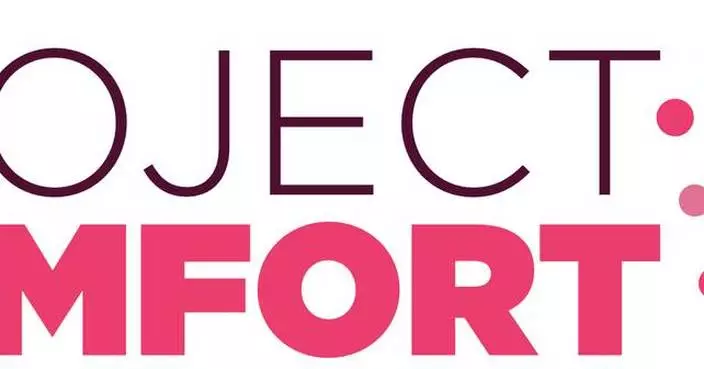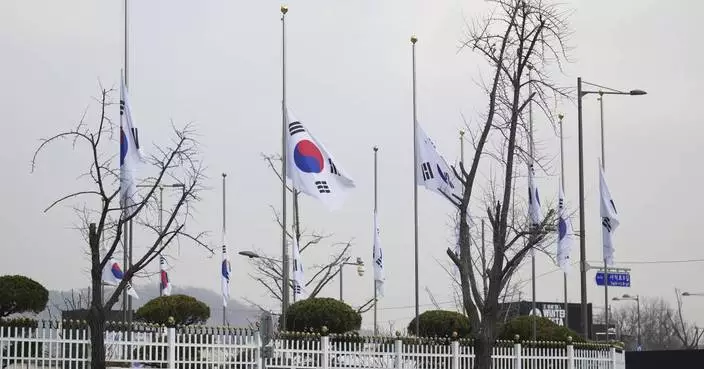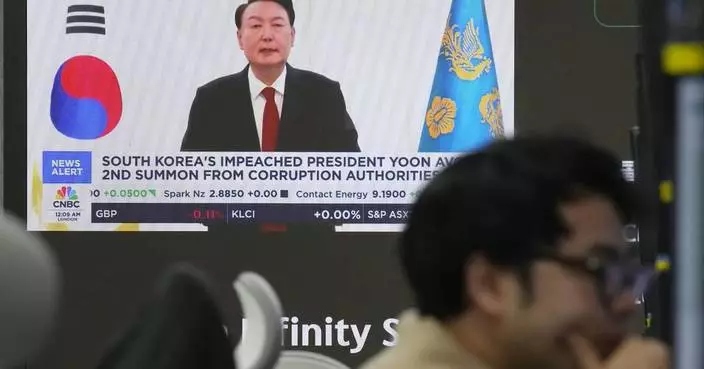SEOUL, South Korea (AP) — A 70-year-old South Korean woman sued her government, an adoption agency, and an orphanage Monday over the adoption of her daughter, who was sent to the United States in 1976, months after she was kidnapped at age 4.
The damage suit filed by Han Tae-soon, whose story was part of an Associated Press investigation published last month, could ignite further debate on the dubious child-gathering practices and widespread falsification of paperwork that tarnished South Korea’s adoption program, which annually sent thousands of kids to the West during the 1970-80s.
It was the first known case of a Korean birth parent suing for damages against the government and an adoption agency over the wrongful adoption of their child, said Kim Soo-jung, one of the lawyers representing Han.
Han searched for her daughter, Laurie Bender, for more than 40 years before they reunited through DNA testing in 2019. Speaking to reporters in front of the Seoul Central District Court, Han argued that the South Korean government was responsible for failing to prevent the adoption of Bender.
Han had reported to police that her daughter was missing and desperately searched for her, frequently visiting police stations, government offices and adoption agencies and even going on Korean media. She had her daughter's picture displayed everywhere — in subway stations, on lamp posts, on bags of snacks that advertised missing children, the Korean version of American milk cartons.
Han accuses Holt Children’s Services, South Korea’s biggest adoption agency, of facilitating Bender’s adoption without checking her background. Her lawyers said the Jechon Children’s Home made no effort to find the parents after Bender was placed at the facility by police in May 1975, a day after Han reported her as missing.
In her adoption papers, Bender, named Shin Gyeong-ha at birth, is described as an abandoned orphan with no known parents. Under a new Korean name made by the orphanage, Baik Kyong Hwa, she was sent to the United States in February 1976.
“For 44 years, I wandered and searched for my child, but the joy of meeting her was only momentary and now I am in so much pain because we can’t communicate in the same language,” Han said, fighting back tears.
“It turns out they didn’t make an effort to find her clearly existing parents and instead disguised her as an orphan for adoption abroad. I want the government and Holt to explain to us how this happened.”
Kim, the lawyer, said the government is at fault for the botched child search that led to Bender’s adoption, saying she could have easily been found if missing child information was properly shared between police stations or if officers had tried to search orphanages.
“While the state bears the large responsibility for not fulfilling its duty to help find missing children and reunite them with their families, we also believe that the (orphanage) and adoption agency cannot be spared from responsibility as well,” Kim said.
“We suspect that these child protection institutions failed to carry out their ethical obligation to help find the child’s parents, even when the child was saying (she) had a family and had parents.”
Jeon Min Kyeong, another lawyer representing Han, said she is seeking about 600 million won ($445,000) in damages. The lawsuit lists Han, her husband and two of her younger children as plaintiffs, but not Bender, Jeon said.
South Korea’s Justice Ministry, which represents the government in lawsuits, said in a statement to the AP that it wouldn't comment on an active legal case. Holt didn't immediately respond to a request for comment.
In an earlier interview with the AP, Bender said she was approached by a strange woman while playing near her home in the city of Cheongju. She remembers the woman saying her family didn’t want her anymore because Han had another baby. Distraught, Bender went with the woman, who, after taking her on a train ride, deserted her in Jechon, a city 50 miles away.
After failing to find her daughter for four decades, Han registered her DNA with a nonprofit group called 325 Kamra, which helps Korean adoptees reunite with their families through genetic information. In the United States, Bender took a DNA test because her own daughter was curious about their heritage and 325 Kamra connected them in 2019.
Just weeks after finding her mother, Bender and her daughter flew to Korea to meet Han. Recognizing Bender immediately, Han ran to her, screaming, moaning, running her fingers through Bender’s hair.
“It’s like a hole in your heart has been healed, you finally feel like a complete person,” Bender said. “It’s like you’ve been living a fake life and everything you know is not true.”
The AP investigation, which was also documented by Frontline (PBS), described how the South Korean government, Western nations and adoption agencies worked in tandem to place around 200,000 Korean children in the United States and other Western nations, despite years of evidence that children were being procured through dubious or dishonest means. Western nations ignored these problems and sometimes pressured South Korea to keep the kids coming as they focused on satisfying their huge domestic demands for babies.
In 2019, Adam Crapser became the first Korean adoptee to sue the South Korean government and an adoption agency for damages, accusing them of mishandling his adoption to the United States, where he faced legal troubles after surviving an abusive childhood before being deported in 2016.
After four years of hearings, the Seoul Central District Court last year ordered Crapser’s adoption agency, Holt, to pay him 100 million won ($74,000) in damages for failing to inform his adopters they needed to take separate steps to obtain his citizenship after his adoption was approved by a state court.
However, the court dismissed Crapser’s accusations against the Korean government over alleged monitoring and due diligence failures. The case is now with the Seoul High Court after both Crapser and Holt appealed.
AP writer Claire Galofaro in Louisville, Kentucky, contributed to this report.
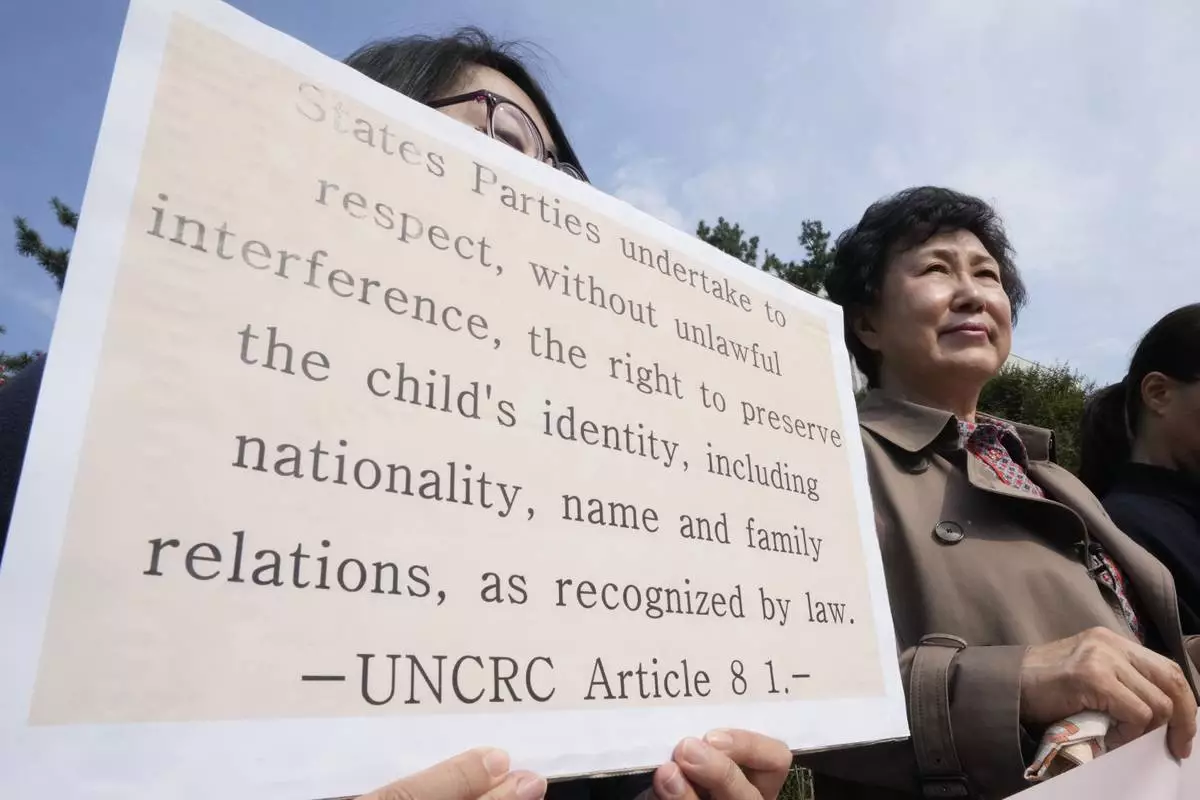
Han Tae-soon, right, attends a press conference in front of the Seoul Central District Court in Seoul, South Korea Monday, Oct. 7, 2024 before she sues her government, an adoption agency and an orphanage over the adoption of her daughter. (AP Photo/Ahn Young-joon)
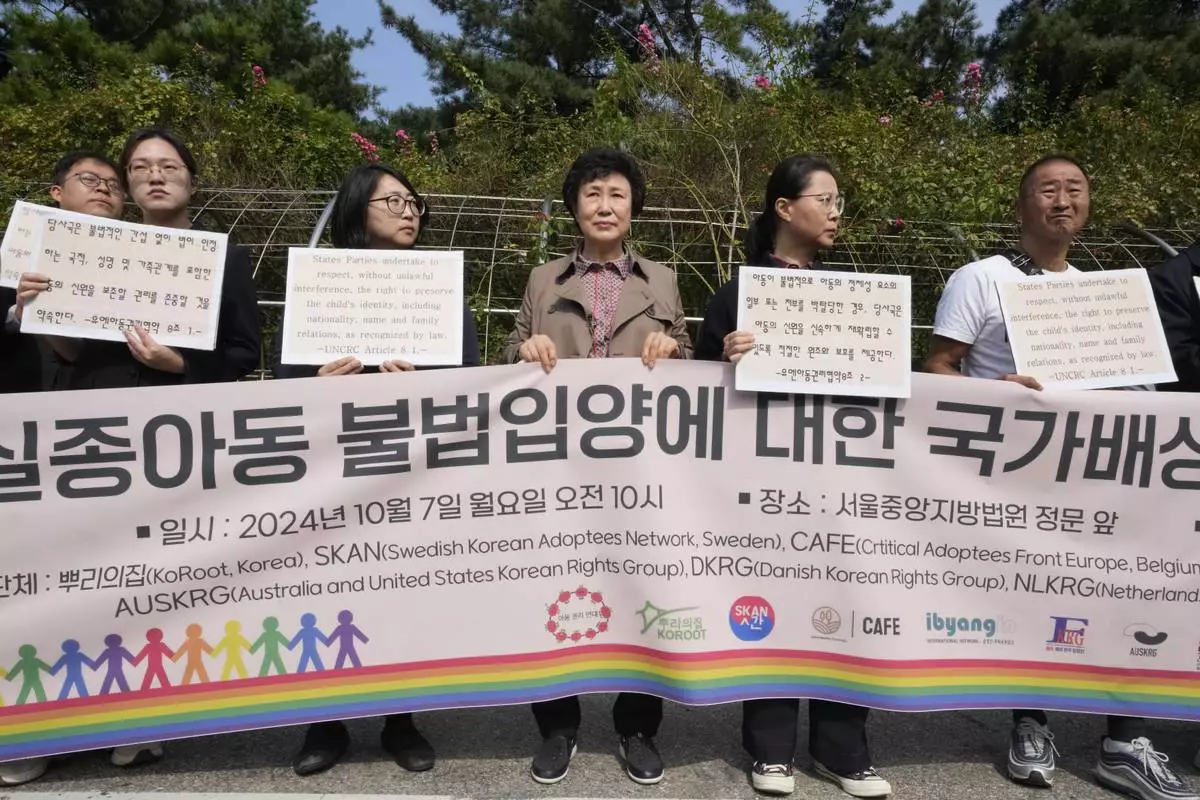
Han Tae-soon, center, attends a press conference in front of the Seoul Central District Court in Seoul, South Korea, Monday, Oct. 7, 2024 before she sues her government, an adoption agency and an orphanage over the adoption of her daughter. The banner reads "Lawsuit for state compensation on the illegal adoption of a missing child." (AP Photo/Ahn Young-joon)
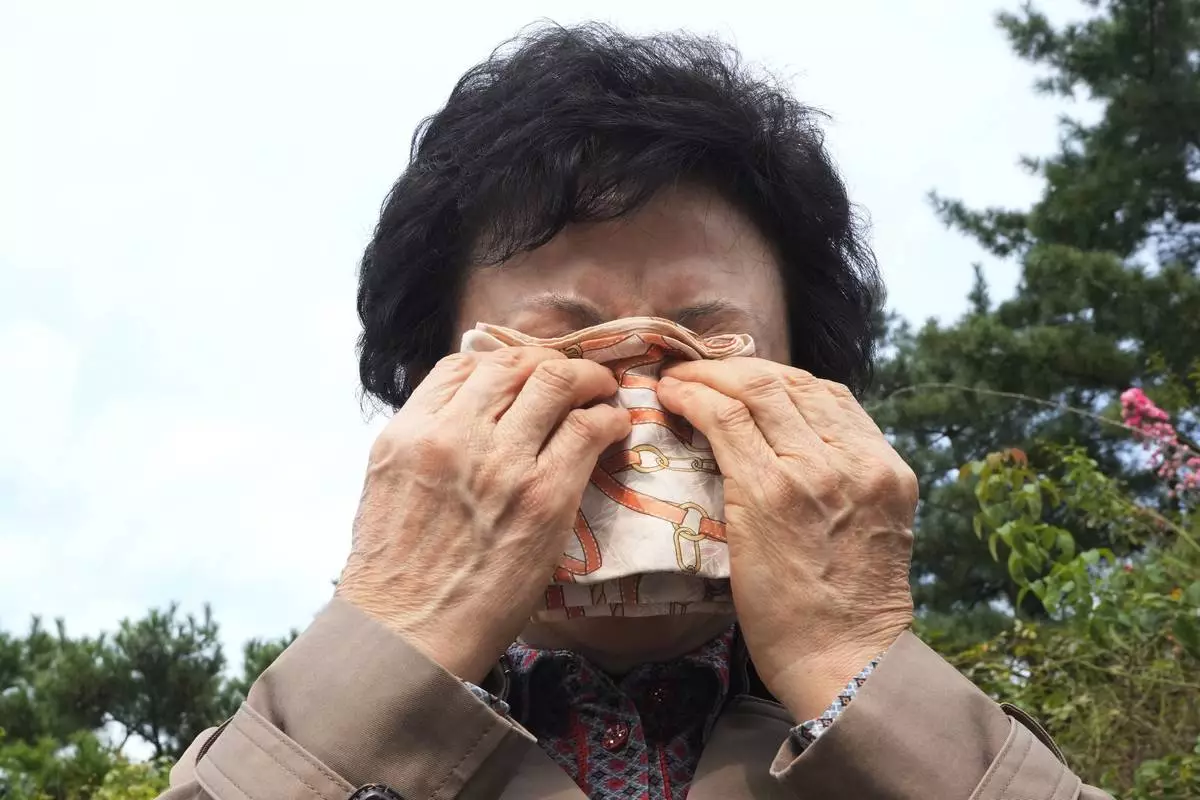
Han Tae-soon weeps during a press conference in front of the Seoul Central District Court in Seoul, South Korea, Monday, Oct. 7, 2024 before she sues her government, an adoption agency and an orphanage over the adoption of her daughter. (AP Photo/Ahn Young-joon)
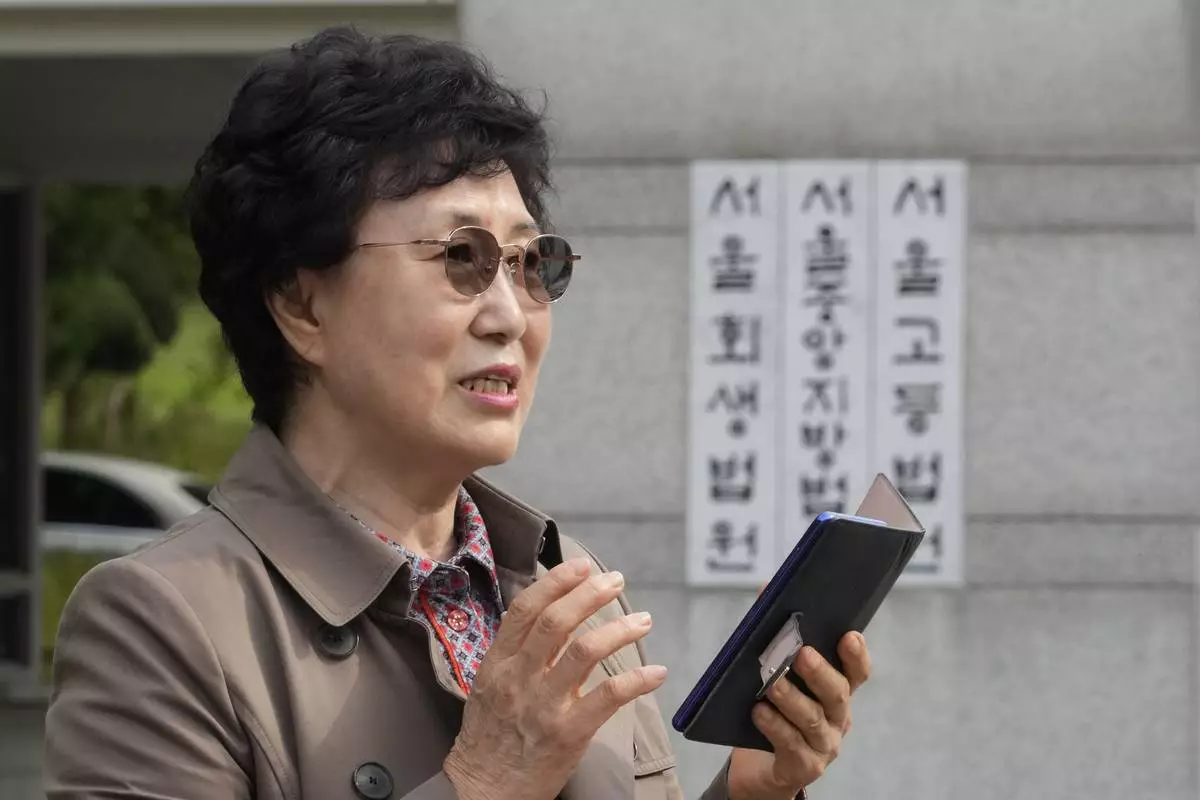
Han Tae-soon speaks during a press conference in front of the Seoul Central District Court in Seoul, South Korea Monday, Oct. 7, 2024 before she sues her government, an adoption agency and an orphanage over the adoption of her daughter. (AP Photo/Ahn Young-joon)


